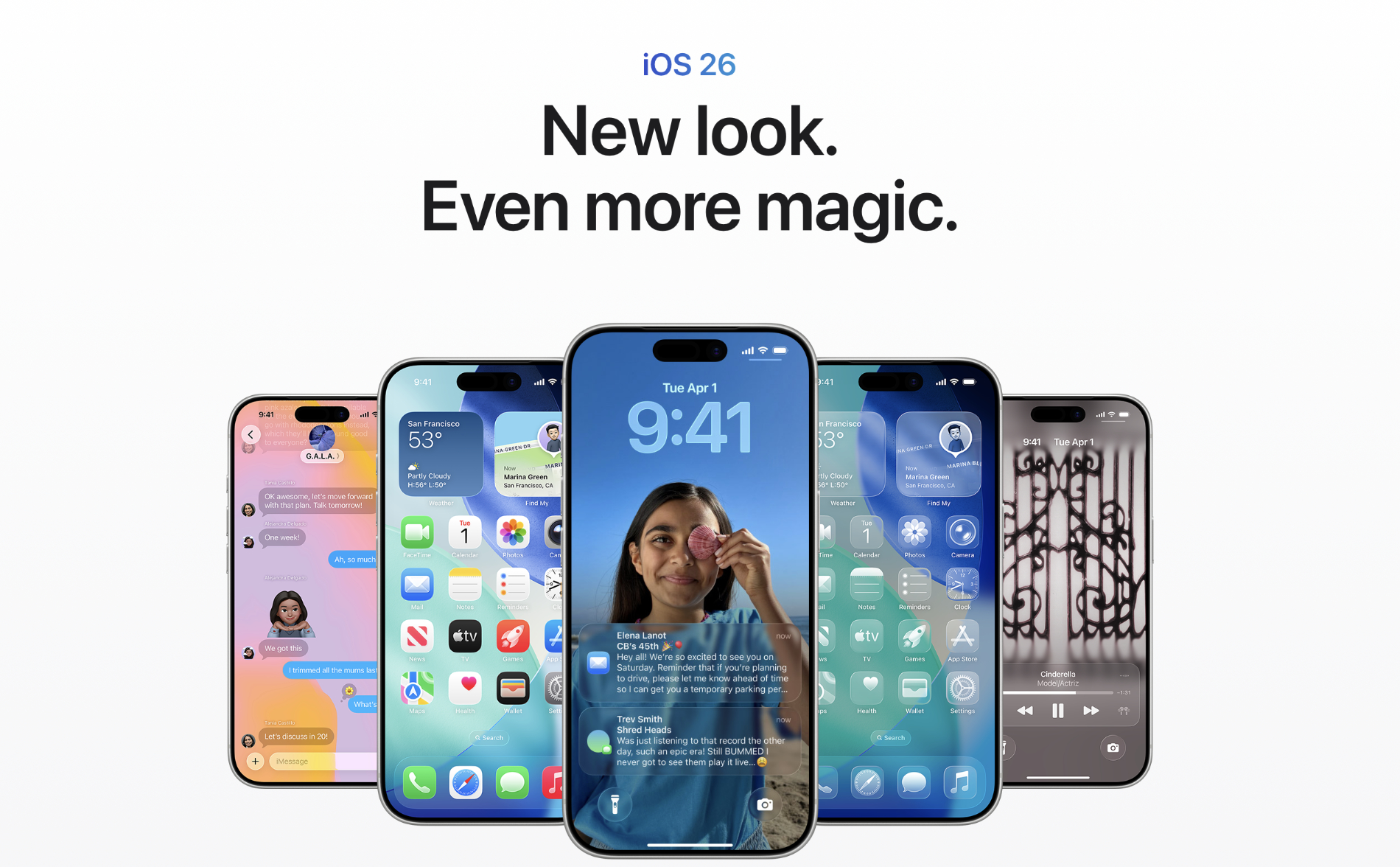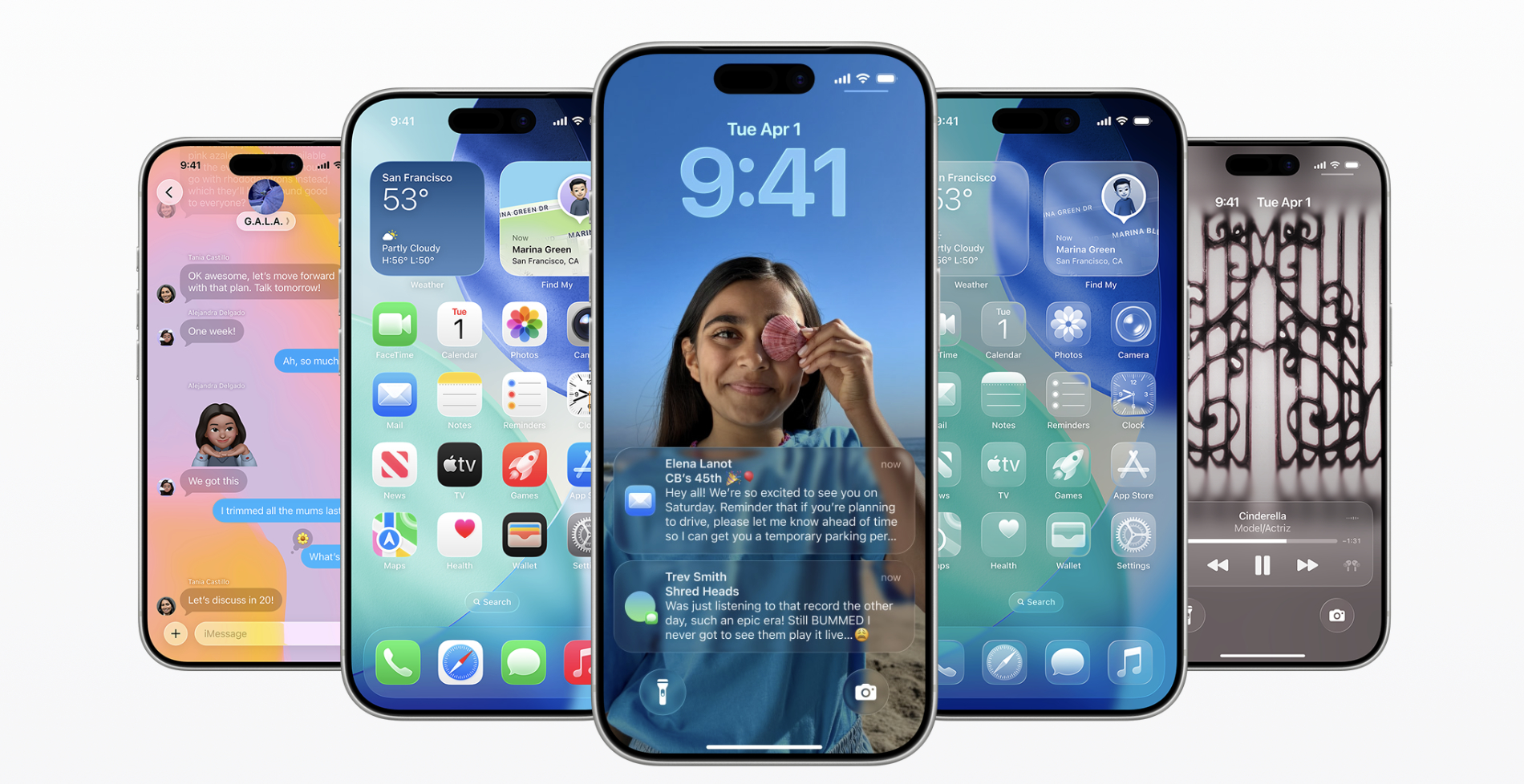
Wix, the platform known chiefly for its web design tools, is launching a generative AI feature that’ll let customers create and edit iOS or Android apps by describing what they want to see in plain English.
The capability, which is set to arrive in Wix’s app builder tool this week, guides users through a chatbot-like interface to understand the goals, intent and aesthetic of their app. With this info, Wix’s AI generates an app that can be customized from the app editor, and then optionally embellished with first- and third-party integrations, widgets and connectors.
Generative AI-powered app creation follows on the heels of Wix’s AI website generator, announced last July, which can output a site template complete with text and images from a series of descriptive captions. Wix co-founder and CEO Avishai Abrahami says that the new AI products are a part of Wix’s broader strategy to create “custom AI solutions” to help companies quickly spin up digital experiences.
“Wix’s mission has always been to empower anyone to create an online presence, including mobile apps,” Abrahami told TechCrunch. “As a company, we have learned so much about AI and how users interact with it when creating their online presence.”
Apps from scratch
Wix says that its new AI-powered app builder, which requires a $99-per-month subscription to Wix’s premium Branded App plan, generates app code that’s “fully native” to iOS and Android. Users have control over their app’s branding, layout and features, including icons and themes, and can preview the app before submitting it to the Apple App Store or Google Play Store.
“The goal of our AI is to offload most, if not all, of the hard work from the user,” Abrahami said. “The more detailed the answers to the prompts during setup, the more personalized and complete the AI-generated app will be.”

That sounds great in theory. But reviews of Wix’s AI site builder aren’t exactly glowing, with early adopters reporting bugs and generic-looking finished products.
So given that the under-the-hood tech is similar, outside a few upgraded generative AI models, why should people expect Wix’s AI app builder to be any better?
Abrahami brushed aside the complaints about Wix’s site builder, claiming that feedback has been “overwhelmingly positive” and that customers have created hundreds of thousands of AI-generated websites since its launch.

“This strong response and utilization underscore the depth of our AI expertise and the strength of our product team,” he said. “We’re excited to extend this experience to mobile as well.”
The stakes are a bit higher with apps, though — at least from a security standpoint.
Generative AI tools are resulting in more mistaken code being pushed to codebases and amplifying existing bugs and security issues in app code, studies and surveys show. In fact, over half of the answers OpenAI’s ChatGPT gives to programming questions are wrong, according to research from Purdue.

Abrahami admitted that the AI app builder, like all generative AI tools, might make mistakes. But he said that Wix is committed to “[improving] the product all the time.”
“Our security team implements and maintains robust security measures for all our solutions, including the mobile app builder,” he added. “The applications and code are subject to constant security and penetration reviews and monitoring.”
Can it replace developers?
Assuming Wix’s AI-powered app designer works as advertised, it might threaten firms — and solopreneurs — in the multi-billion-dollar business of building smartphone apps for brands.
There’s FlutterFlow, Crowdaa and the Mobile-First Company, to name a few — many of which also employ AI in various forms. On Fiverr, a cursory search yields a long list of highly rated app developers, some of whom charge around the same price as a subscription to Wix’s AI app builder.
Abrahami asserts that Wix isn’t trying to replace developers, but rather provide an alternative for customers who want it. The tool, he says, deeply integrates with Wix’s wider product portfolio — potentially making it more appealing to Wix’s millions of existing users — and brings features like usage analytics and app update handling through the relevant app stores.
“Professional developers continue to play a crucial role, particularly for more complex and specialized app projects,” Abrahami said. “There is room for both routes to app creation.”
I’m not so sure app developers will agree — but they don’t exactly have much choice in the matter.






